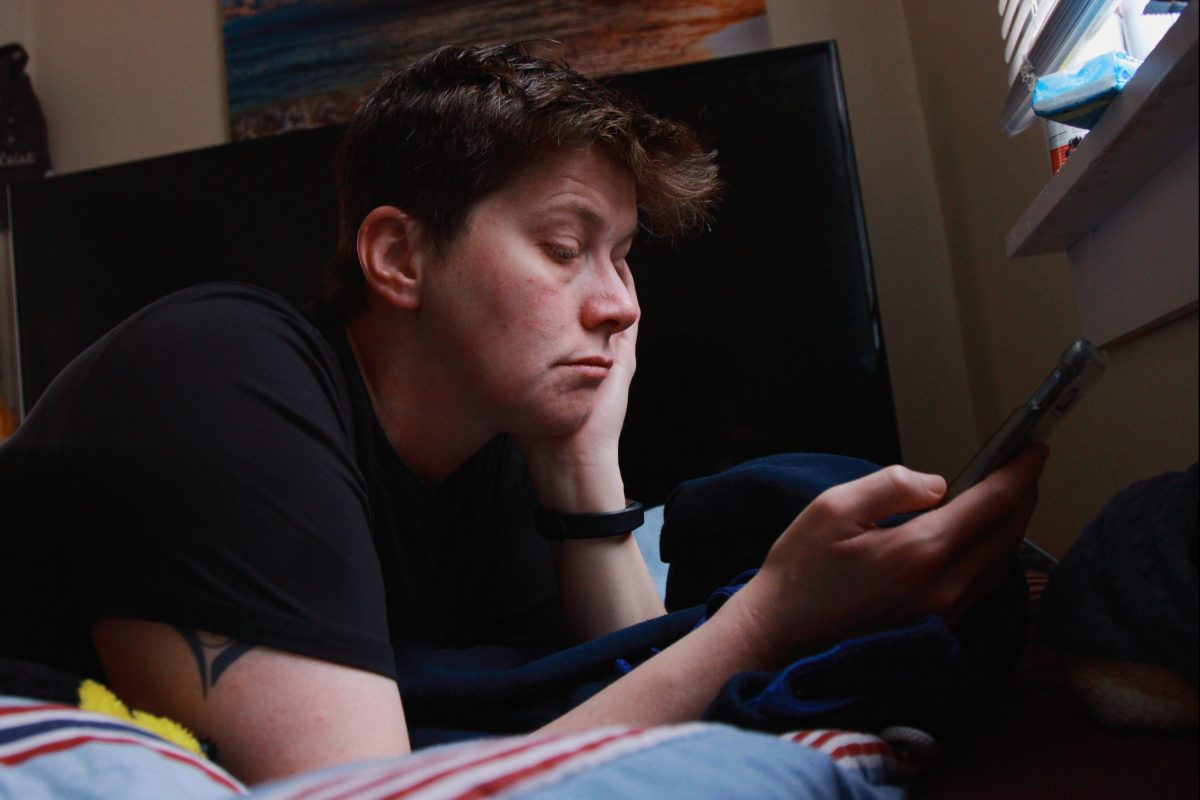Are you lonely? Struggling with isolation? Are you recently bereaved? Have you started a new job? Are you struggling with a relationship breakdown? Are you working from home and missing your colleagues? Have you recently retired and struggling to adjust?
Loneliness is a normal emotion felt by everyone. By empowering others to understand, by building on understanding, we can help ourselves and others to manage these feelings. Most of us will experience loneliness at some point in our lives, regardless of age, circumstance and background.
You don’t have to be on your own to feel lonely; even if you are in a relationship or spending time with family and friends, if you feel misunderstood or not cared for you might feel lonely.
Over 9 million people in the UK – almost a fifth of the population – say they are always or often lonely. It’s a common misconception that loneliness is limited to older people. In fact, it’s now the 16-24-year old’s who are the loneliest age group in the UK according to research.
We’re biologically wired for social contact, so loneliness is our signal that we need more. Human beings evolved to feel safest in groups. As a result, we experience isolation as a physical state of emergency. Add to that too much time on our hands to worry about the virus and its wider implications, it’s no surprise isolation might be overwhelming us.
Telling someone that you’re lonely is an important step but it’s also important to be mindful of how we talk about it. We still use words like ‘admitting’ to and ‘suffering’ from, which can unintentionally add to the belief that something is wrong with us.
There is absolutely no shame in feeling lonely and changing the language around loneliness is a positive and liberating step forward. The more we talk about it, the more we normalise it and we can move towards a society where it can be spoken about openly
Many people were lonely before lockdown, so current movement restrictions will only have enhanced this feeling as we can’t be with our loved ones, but staying in touch is important for our wellbeing. Feeling lonely can have a physical impact on our overall health as well.
Loneliness has been linked to early deaths and an increased risk of heart disease, stroke, depression, cognitive decline and poor sleep. It’s as harmful to our health as smoking 15 cigarettes a day. People who feel lonely are more than twice as likely to develop Alzheimer’s (and other forms of dementia) than those who do not feel lonely
Here at the Charity we have pulled together some tips to help combat loneliness in different areas of your life
Loneliness at work
- Instead of sending an email pick up the phone and speak to your colleague. Hearing a voice can be a real boost
- Build into your working day a time to step away from your desk or out of the station and get some fresh air
- Meet a colleague for a virtual lunch or coffee break – and don’t talk about work
- Host a virtual catch up with colleagues – perhaps at the end of the working week – again don’t talk about work
While out and about
- Wave and say hello to the neighbour you never speak with, it will mean the world
- Pop a note through your neighbour’s doors checking they are okay. Perhaps suggest a street coffee morning ….of course ensuring social distancing is adhered too
- If you have the time, volunteer for your local support group or charity
- Have a cup of tea with your neighbour over the hedge or the fence
- Enjoy a socially distanced walk with a friend, sometimes it is easier to talk when you are outdoors
- Consider a community allotment or getting your own, gardening and being outdoors is so beneficial for your physical and mental well being
While at home
- Pick up the phone and ring a friend or family member
- Arrange a video call with friends, a virtual night out. Watch a movie together or a box set
- Join a virtual book club
- After lockdown join a local club, dancing class, music group, or sports club
- Hold a virtual knit and natter group
- Consider a pet for companionship (but remember these are a lifetime commitment)
- Take time out for your own well being, maybe try some of our guided meditations?
- Its also important to look after yourself, eat a well balanced diet and keep hydrated
There are also some further tips on the NHS website
It’s good to talk, especially so during a pandemic. We’re here to explain why reaching out to someone could be the best thing you do for your own wellbeing.
Our Living Well Groups offer somewhere to socialise and reminisce with fellow retired members of your local fire and rescue. Staying socially connected is so important, but we know that when you leave your career it can be easy to feel disconnected from the fire service and the friends you left behind. That’s why we started our Living Well Groups: to ensure no retired member of the UK fire family feels lonely or like they have nowhere to go.(Please note our living well groups are currently operating virtually.)
No one deserves to feel lonely. If you’re struggling, don’t suffer in silence. Get in touch with us and see if we can help. Contact our Support Line on 0800 389 8820 anytime Monday to Friday, from 9am to 5pm, or make an enquiry online here.

